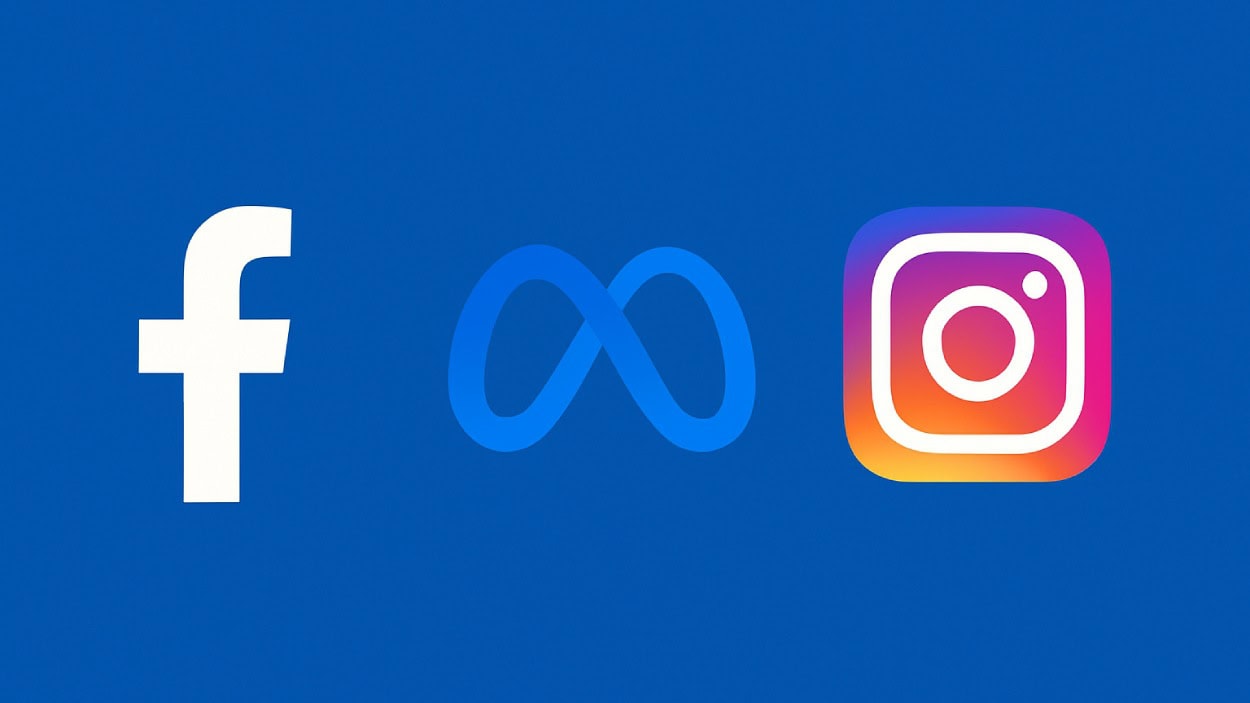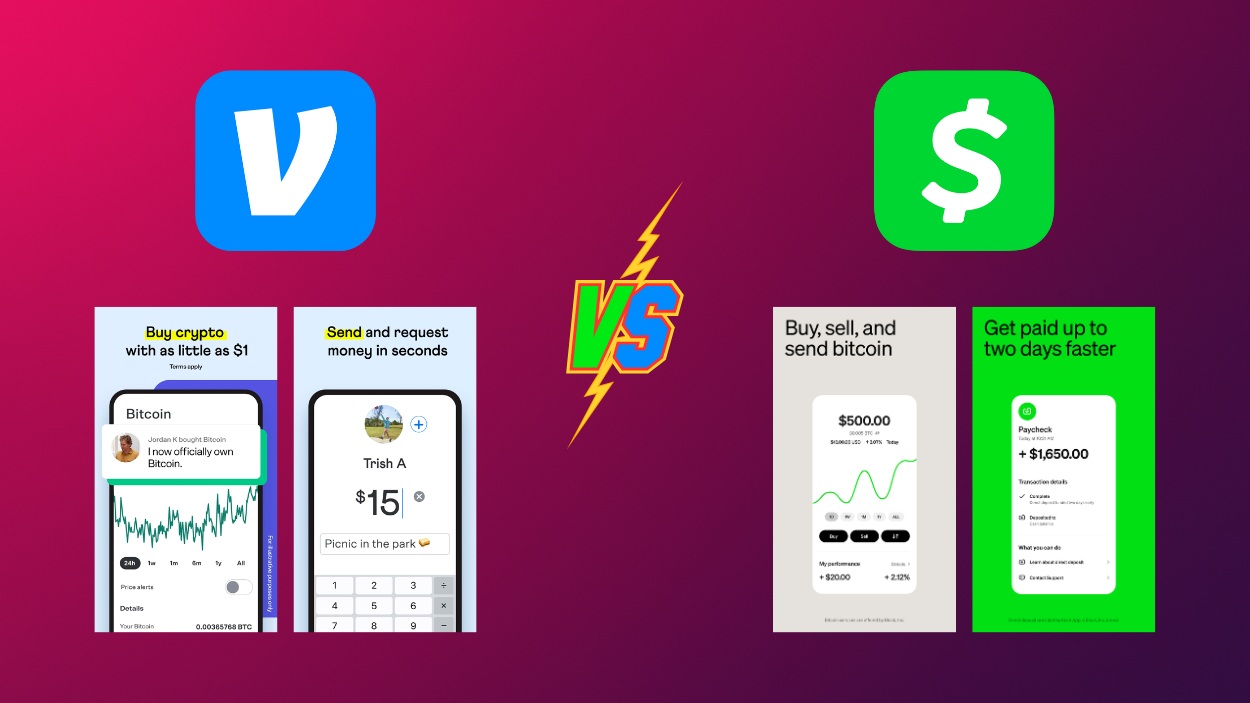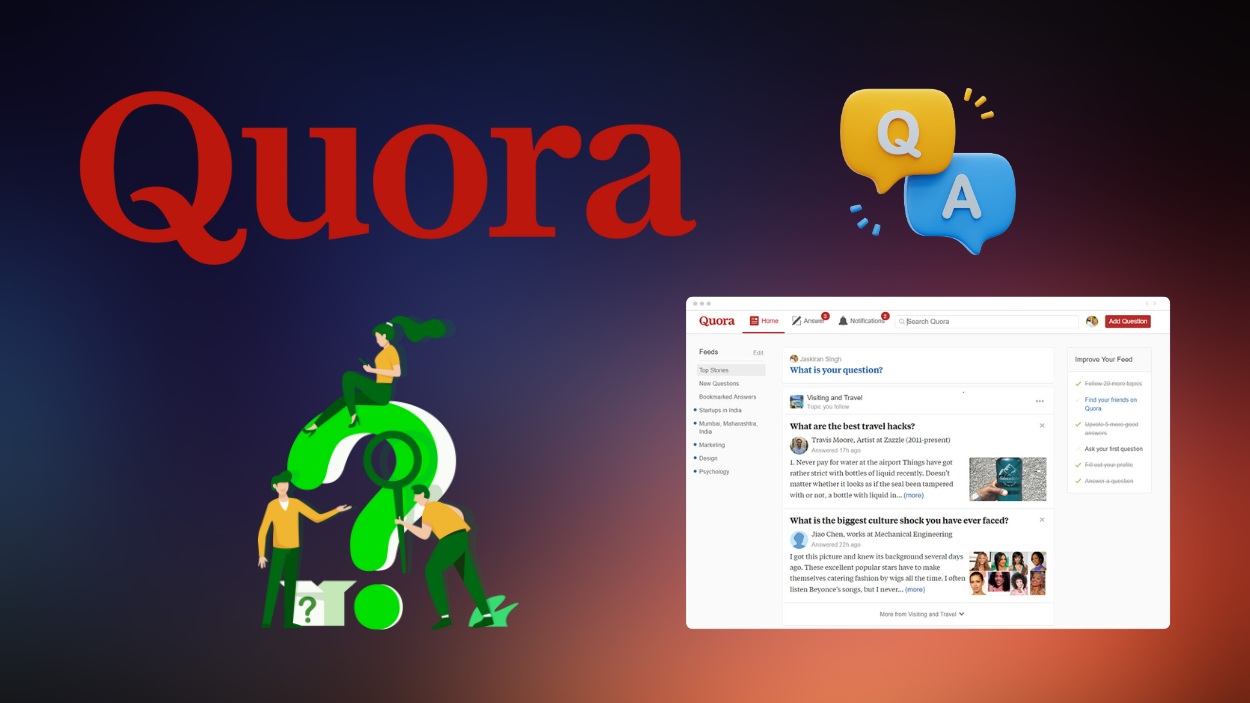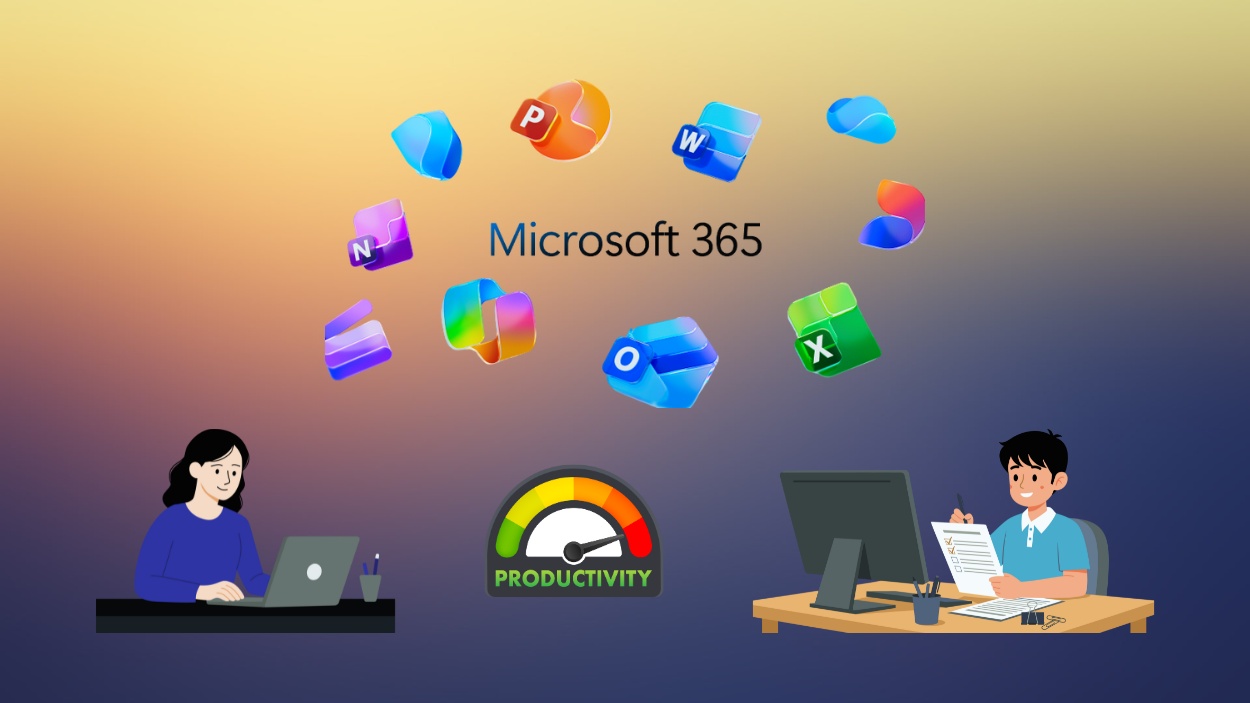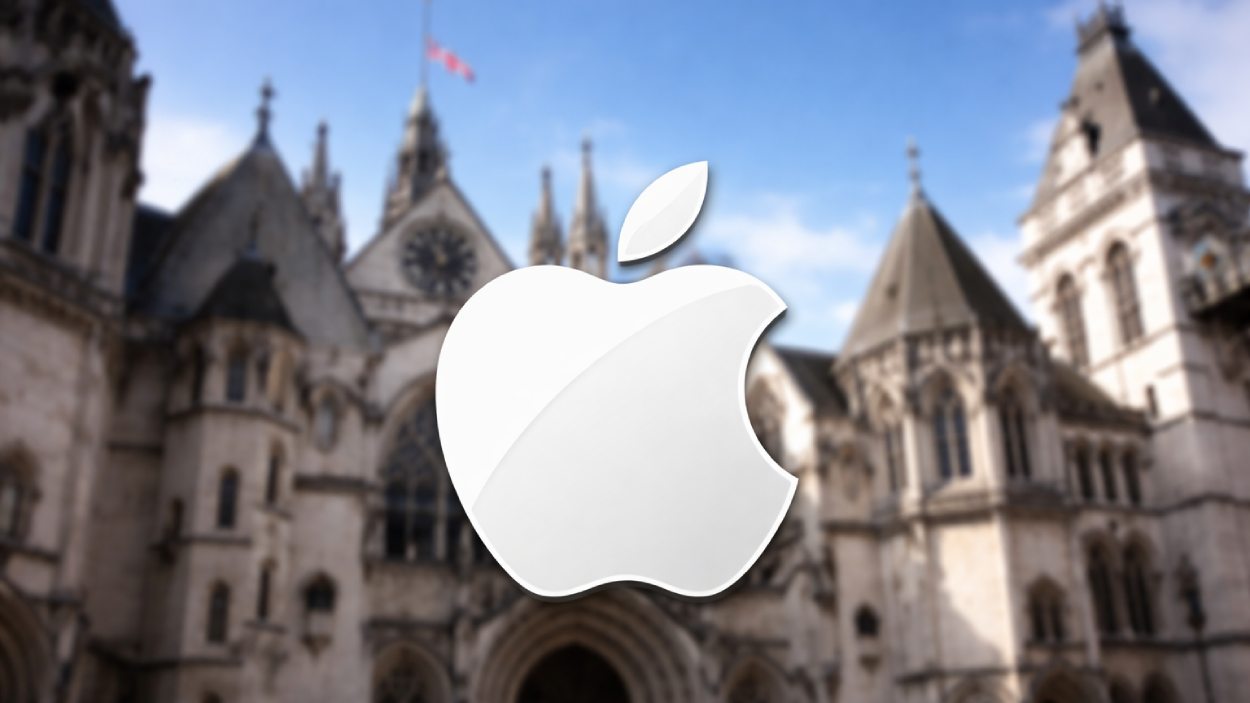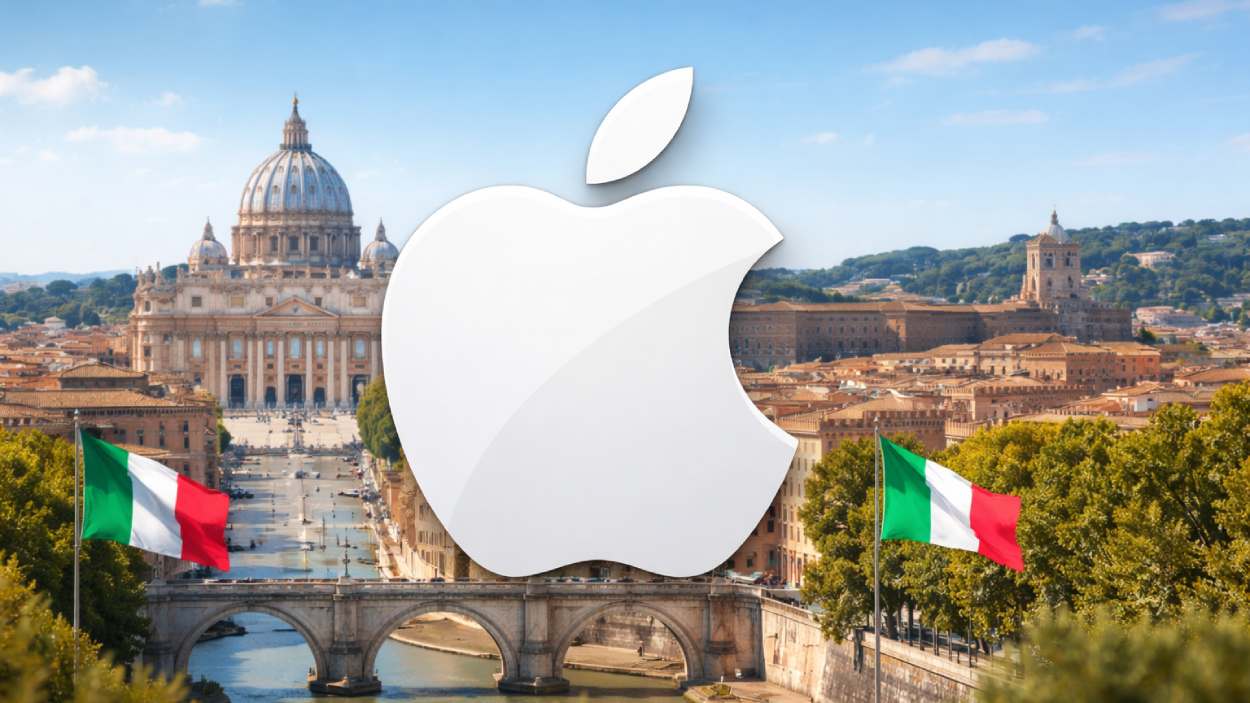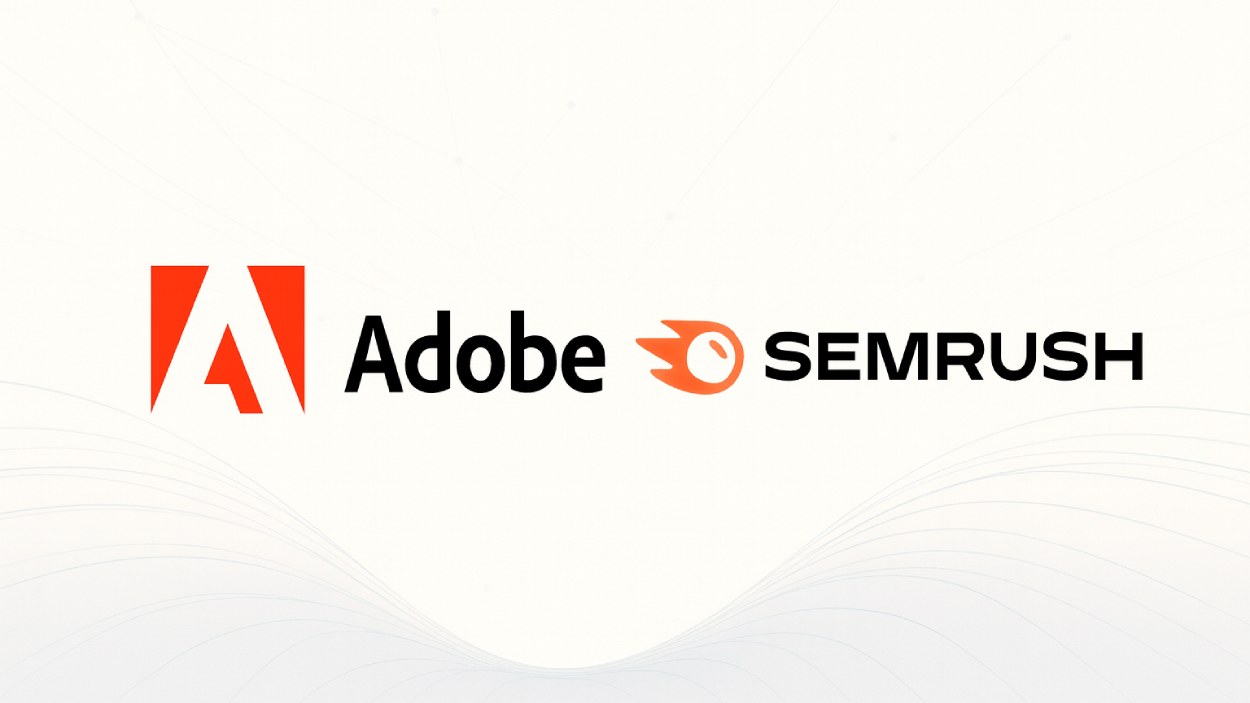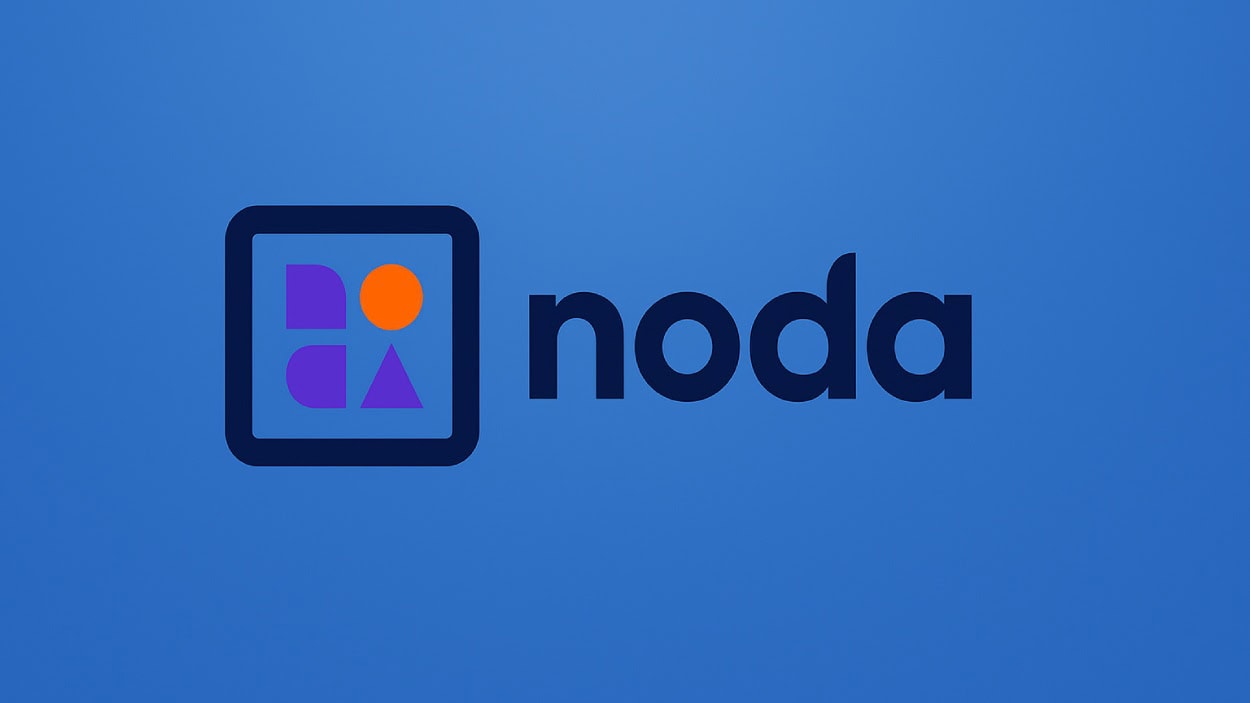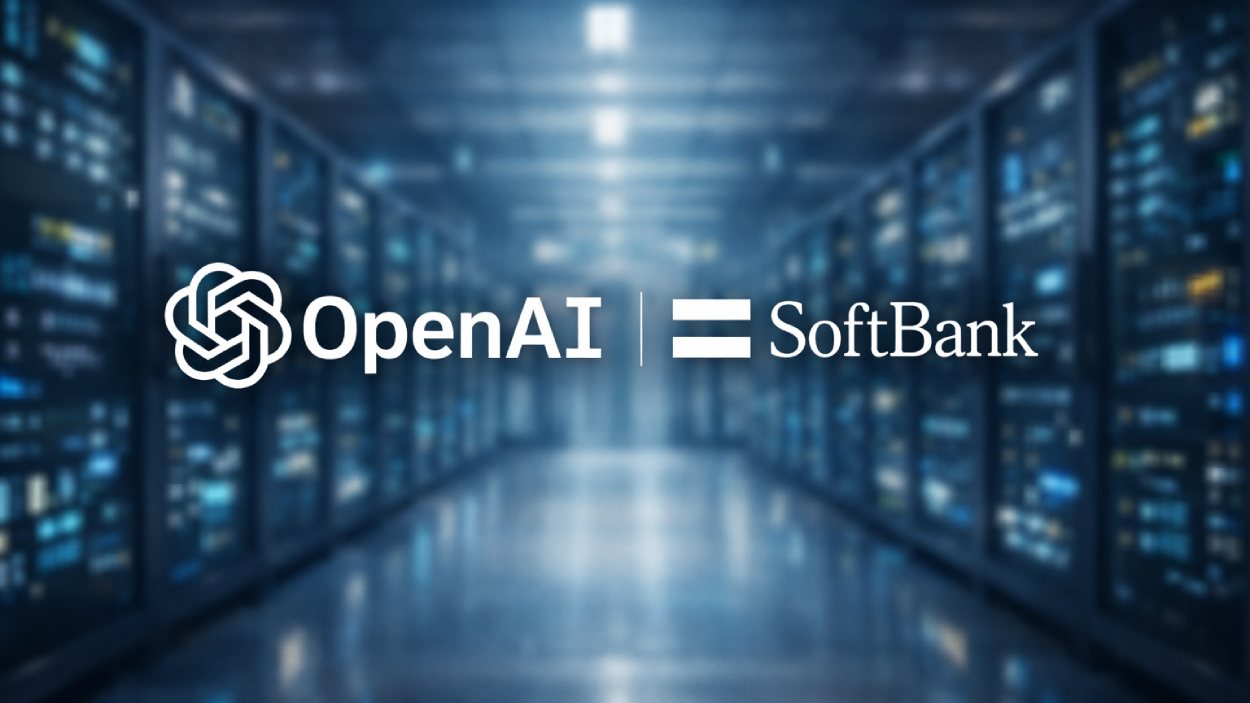Meta is rolling out its ad-free subscription model in the UK, giving Facebook and Instagram users a choice to ditch ads for a monthly fee.
Quick Summary – TLDR:
- UK users can now pay £2.99 on web or £3.99 on mobile to use Facebook and Instagram without ads.
- The subscription applies per account, with extra charges for additional profiles.
- Meta is exploring a potential AI partnership with Google to boost ad targeting using Gemini models.
- The move follows regulatory scrutiny in Europe over how user data is used for advertising.
What Happened?
Meta announced that starting in the coming weeks, UK users will be able to pay for an ad-free experience on Facebook and Instagram. The decision mirrors a similar model launched in the European Union last year. This move also comes as the company is reportedly exploring a collaboration with Google to integrate advanced AI into its advertising platform.
Mark Zuckerberg and $META will offer paid versions of Facebook and Instagram in the United Kingdom 🇬🇧 that will remove advertising from both platforms
— Evan (@StockMKTNewz) September 26, 2025
The ad free version would cost £2.99 a month on the web, or £3.99 for the iOS or Android apps – Bloomberg pic.twitter.com/pALZdjuU7x
Meta’s Ad-Free Subscription Reaches the UK
After months of negotiations with regulators, Meta is finally launching its “pay or consent” ad model in the UK. Users will now have the choice between using Facebook and Instagram for free with ads or paying a monthly fee to remove ads completely.
- The subscription will cost £2.99 per month on web browsers.
- Mobile users on iOS and Android will pay £3.99 per month, accounting for app store fees from Apple and Google.
- Each additional account linked through Meta’s Account Center will add £2/month on web or £3/month on mobile to the total.
Importantly, the model is all-or-nothing per Account Center, meaning users must subscribe for all connected profiles or none.
Meta clarified that while ad-free users won’t see any ads, their accounts will still be personalized. However, their data will no longer be used for advertising purposes. Users who continue with the free version will retain access to privacy settings and ad controls.
Regulatory Background and Price Differences
This move follows intense scrutiny in the EU, where Meta’s ad-free model initially launched at a much higher cost. EU regulators had criticized the binary nature of the offer and demanded less personalized ad options for users. In response, Meta reduced pricing in Europe. Originally, subscriptions cost up to €12.99 per month for mobile users in the EU, significantly more than what UK users are being asked to pay.
Meta highlighted the difference in regulatory environments, stating the UK’s more flexible stance allows for a “pro-growth and pro-innovation” approach. The company emphasized this setup would continue to support businesses relying on targeted ads, while giving users more control over their experience.
Meta’s Potential AI Partnership With Google
In parallel to this launch, Meta is in early talks with Google Cloud to potentially leverage its Gemini AI models for improving ad targeting. According to sources, Meta employees have suggested fine-tuning Google’s Gemini and Gemma AI models with Meta’s ad data. This could enhance advertiser ROI and personalization.
The discussions, however, are still preliminary and no deal has been finalized. If successful, the partnership could give Meta’s ad tools a significant edge, especially as AI becomes more central to ad tech.
Meta has previously explored AI partnerships with other players like OpenAI, and this latest development shows the company’s intent to strengthen its AI capabilities without fully building them in-house.
Heavy Dependence on Ads
Meta’s business is still heavily reliant on advertising revenue, which made up 98% of its $164.5 billion income last year. The shift to offer a subscription model signals a broader industry trend where platforms seek to balance privacy expectations with financial sustainability.
Tech giants like Apple and Google have already implemented privacy changes that limit tracking, prompting Meta and others to adapt their monetization strategies.
SQ Magazine Takeaway
I think this is a smart and inevitable move by Meta. With regulators tightening the screws on how tech companies use our data, offering an ad-free, paid version feels like the next logical step. It gives users more control while keeping the platform free for those who don’t mind ads. Plus, the potential AI boost from Google could make ads smarter for businesses. Still, I’ll be keeping an eye on how many people actually opt to pay. Most folks are used to “free” and might just stick with ads.

